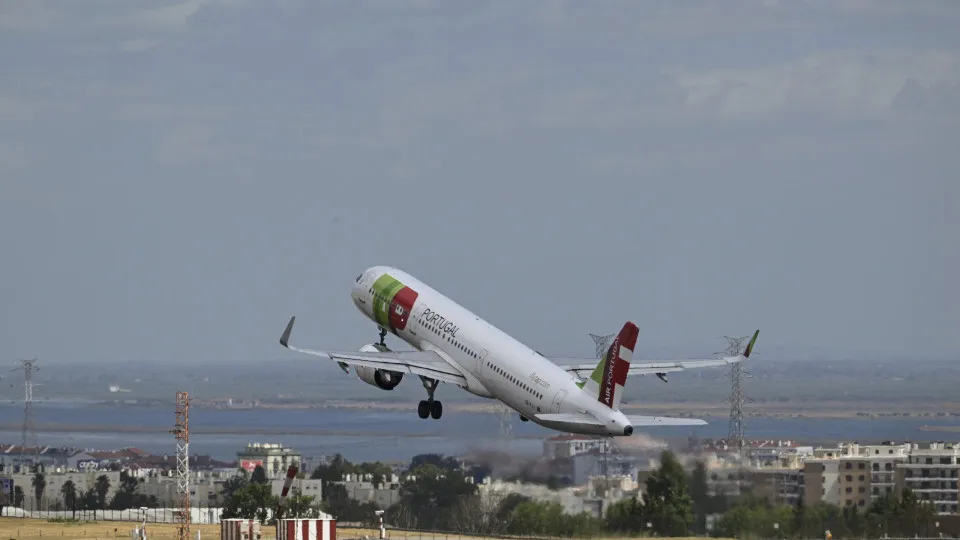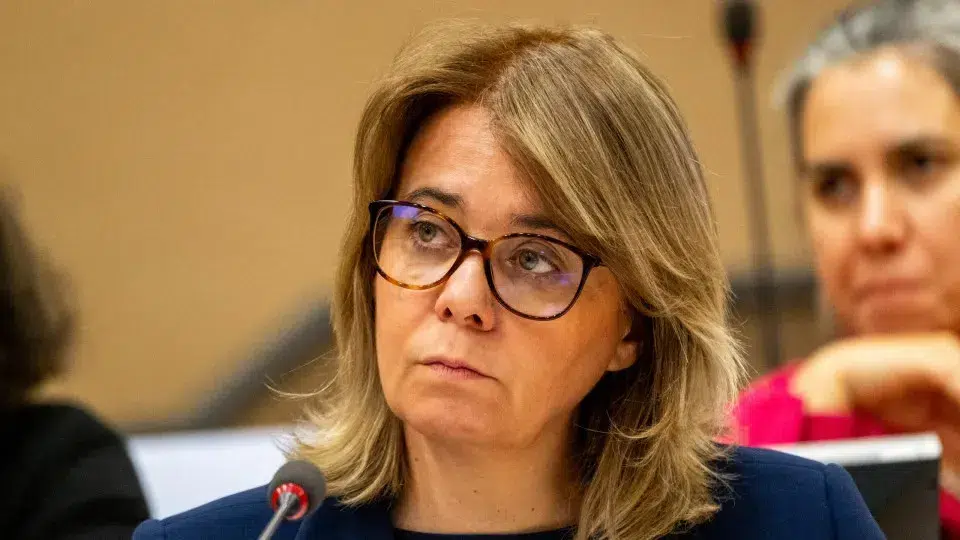
The parliamentary vote addressed resolutions tied to a joint request by the PCP, Livre, and BE to cease the enforcement of Decree-Law No. 92/2025 of August 14, which approved the first phase of the public aviation group’s privatization process.
The PS and JPP abstained, with Livre and PCP projects only receiving affirmative votes from their own members and PAN.
BE was absent from the vote due to their sole deputy, Mariana Mortágua, being on a humanitarian aid flotilla mission to Gaza.
The debate highlighted the familiar left-right division, with PSD’s deputy Gonçalo Lage accusing the left of wanting to reverse privatization purely for “dogmatic and ideological reasons without any alignment with today’s European aviation market,” while CDS-PP’s Paulo Núncio stated the left aims to block reprivatization due to “ideological blindness.”
Filipe Melo of Chega urged the Minister of Infrastructure, Miguel Pinto Luz, to avoid a rushed sale as in 2015, insisting on a meeting with parliamentary groups. Melo emphasized that his party would reject any privatization that does not retain Lisbon as a hub, guarantee routes to the diaspora and autonomous regions, and display national colors on aircraft tails.
Carlos Guimarães Pinto from IL argued that claims for keeping TAP public rely on repeated falsehoods meant to “justify continued political influence in TAP” and “preserve the appointment of party-affiliated directors.”
On the left, socialist Frederico Francisco queried the government on how it would assure the State’s strategic interest in TAP if the company were entirely privatized, noting that briefing documents and parasocial agreements “always have an expiration date.”
Paulo Raimundo of PCP emphasized that halting TAP’s privatization is the only way to safeguard current symbols like the flag, hub, or headquarters, asserting there should be no illusions about the Government’s intent to completely privatize the airline.
Livre’s Jorge Pinto asked the Government for guarantees that TAP’s privatization would not exceed the sale of 49.9% of its capital. He requested more comprehensive insights into the Government’s future vision for the airline.
PAN deputy Inês de Sousa Real advocated for a broader public consultation before advancing this privatization, labeling it a “hasty decision that ignores public interest to favor private agendas at taxpayers’ expense.”
Filipe Sousa from JPP remarked that the Portuguese State erred by “placing national interest on the altar of major private business,” criticizing the lack of assurance for maintaining the current mobility model for autonomous regions.
Infrastructure Minister Miguel Pinto Luz closed the debate, reassuring that the Government would continue addressing the Parliament regarding TAP, emphasizing a desire for transparency and ensuring the Parliament would have “absolute oversight.”
The sale process involves a direct disposal of up to 44.9% of TAP, potentially accompanied by one or more changes in the capital structure if determined by the Council of Ministers, as per the Government’s decree-law.
Additionally, there is provision for selling up to 5% of the capital to TAP employees, ensuring the State retains no less than a 50.1% capital share after execution.




